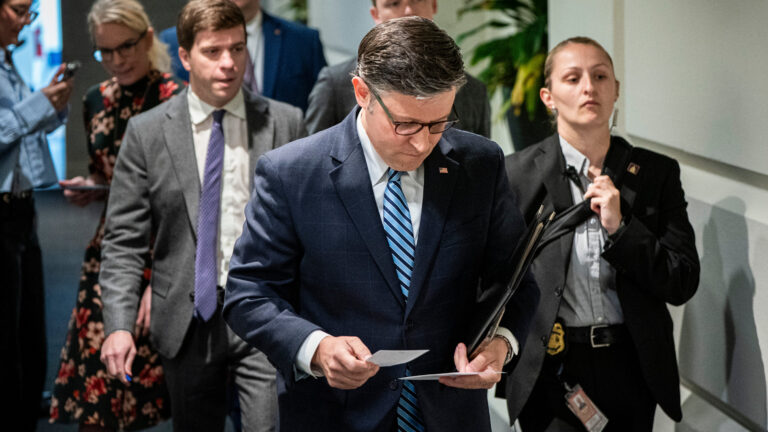
Introduction
In a world increasingly challenged by climate change, health crises, and geopolitical tensions, the concept of unity has never been more crucial. The effectiveness of collective action in addressing these serious global issues underscores the importance of nations and organizations coming together to collaborate. Recently, the world has seen notable examples of this unity in action, which play a fundamental role in fostering international relationships and enacting positive change.
Recent Events Highlighting Global Unity
One of the most significant recent examples of united efforts can be seen in the context of the COVID-19 pandemic. Nations around the world collaborated to accelerate vaccine development, share important information, and provide supplies to overwhelmed health systems. Organizations such as the World Health Organization (WHO) and organizations under the United Nations’ umbrella worked tirelessly to orchestrate responses that prioritized global health over national interests.
Moreover, global climate summits—like COP26—have provided platforms where countries align their goals and make commitments to combat climate change. In November 2021, nations agreed on the Glasgow Climate Pact, emphasizing the urgency of reducing greenhouse gas emissions and paving the way for a unified approach to mitigate climatic effects.
The Role of Non-Governmental Organizations
Non-Governmental Organizations (NGOs) also play a vital role in promoting and facilitating unity. Organizations such as Amnesty International and the International Red Cross advocate for human rights and emergency response efforts, emphasizing collaboration across borders. Their initiatives highlight how united efforts can address specific global concerns such as humanitarian crises, poverty, and social injustices.
Conclusion
The need for unity is clear—whether in addressing health crises, climate action, or humanitarian efforts, collective action is key to tackling challenges that transcend national boundaries. Looking ahead, it is essential for countries and organizations to continue building strong partnerships and to prioritize collaborative strategies. By doing so, they foster a spirit of cooperation that not only strengthens international relations but also enhances the ability to create lasting impacts for a better, more unified future.






